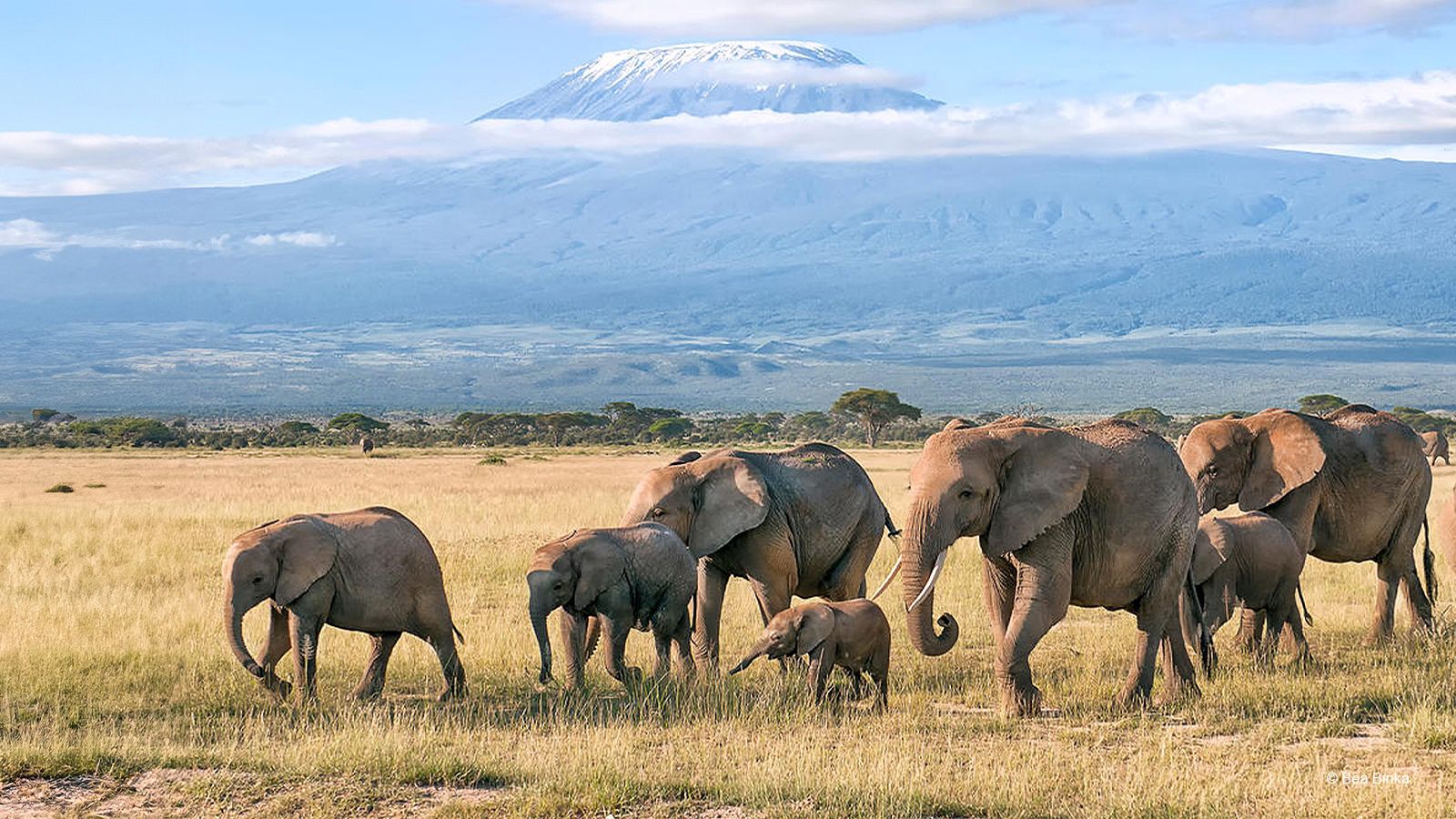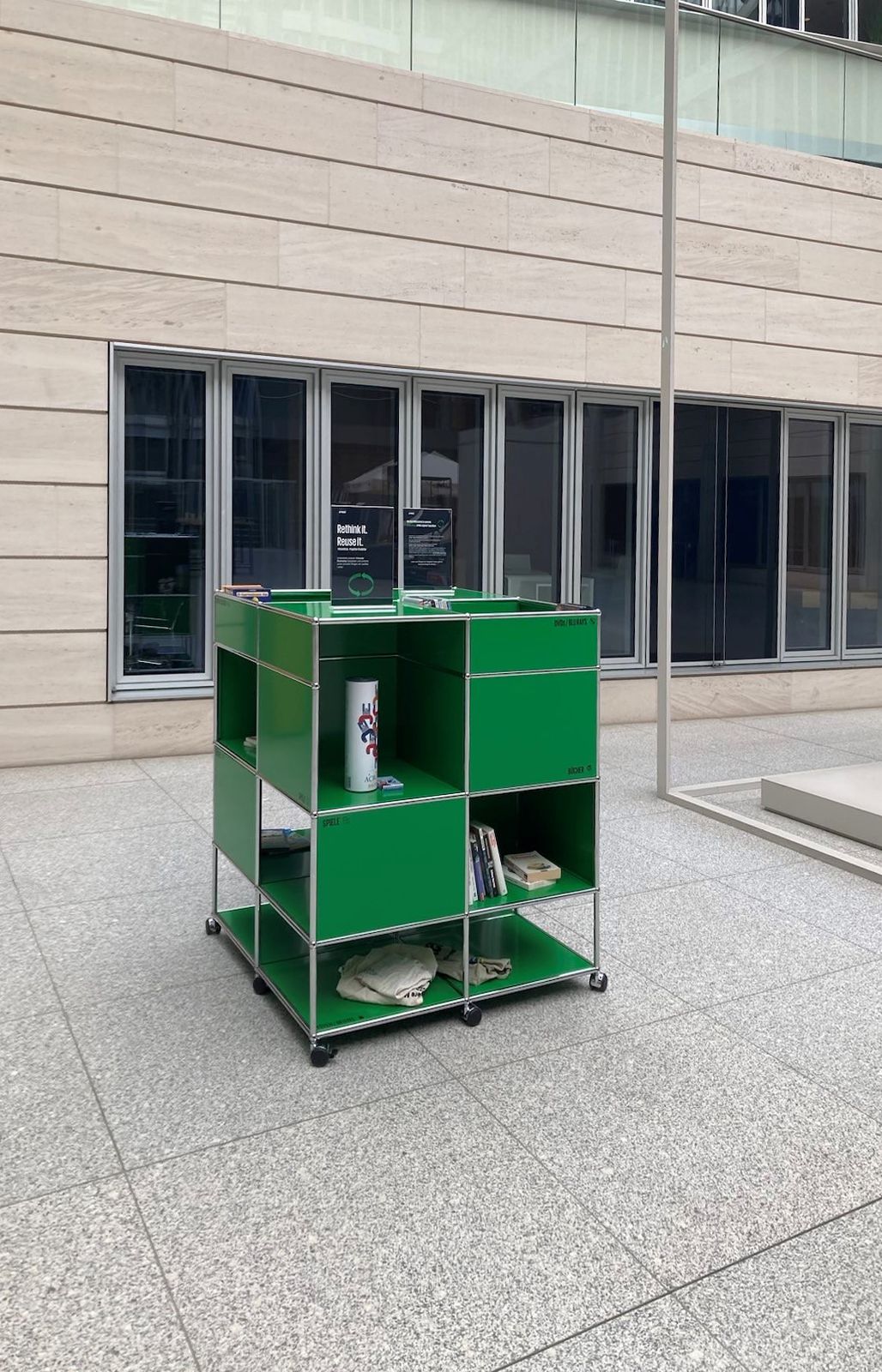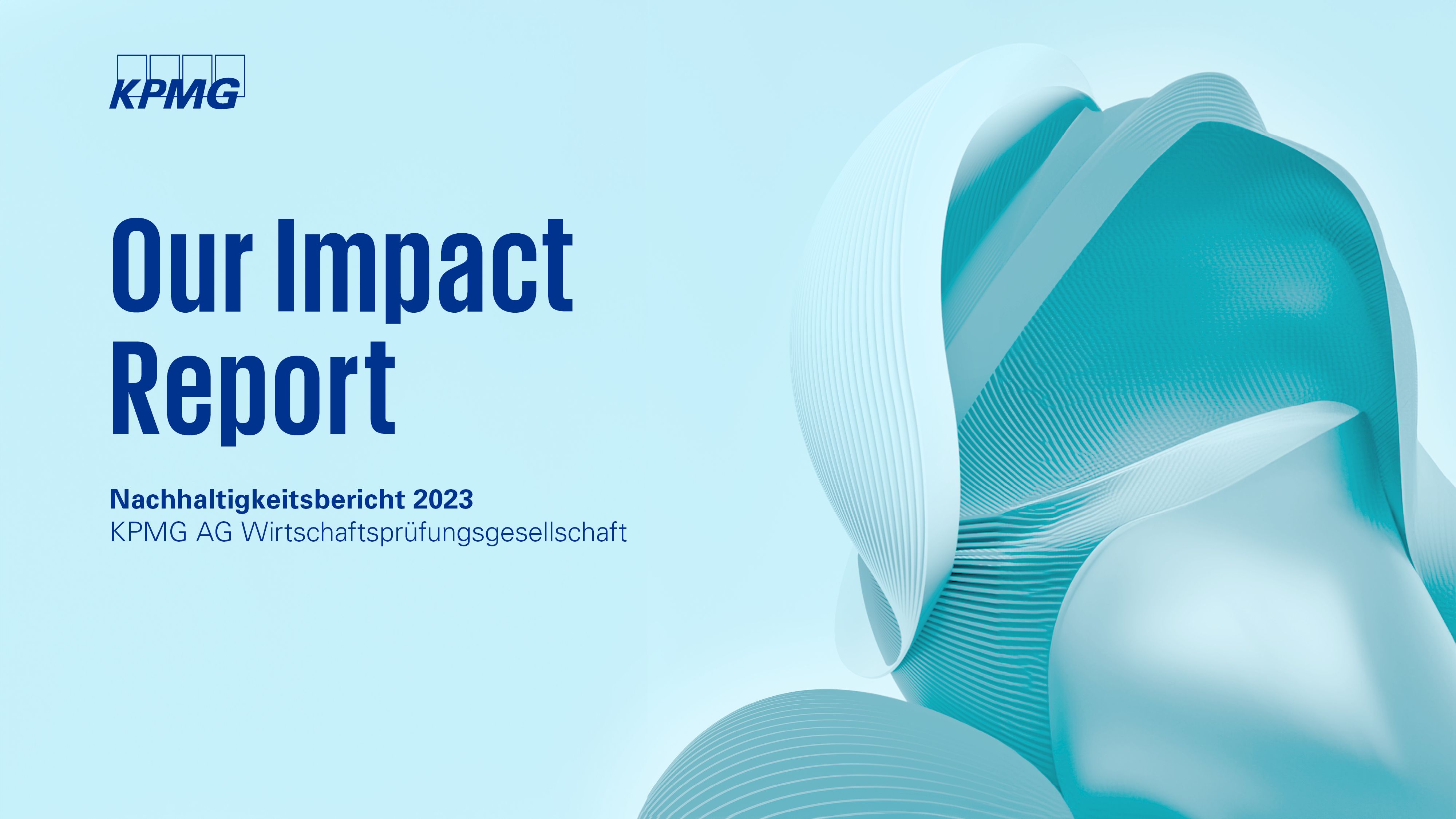KPMG International, together with the member firms of the global KPMG organisation, has joined the Science-Based Targets initiative (SBTi). The SBTi aims to firmly anchor science-based targets for reducing greenhouse gas emissions in line with the 1.5-degree target of the Paris Climate Agreement in corporate practice. As part of a short-term reduction target, we have committed to reducing our emissions by 50 per cent by 2030. Our target is based on a 1.5-degree reduction pathway and commits us to an absolute reduction in emissions in Scope 1, 2 and 3. The base year for the target is the 2018 / 2019 financial year, which was the last full financial year before the Covid-19 pandemic. This had a significant impact on the main greenhouse gas-generating activities (in particular business travel, energy consumption in office buildings and commuting).
KPMG in Germany has also committed to halving its greenhouse gas emissions by 2030. In order to make our contribution to achieving the 1.5 degree target and meet the SBTi commitments, we have drawn up a national environmental programme, Environment 2030, which has been approved by the Executive Board. This programme sets out specific measures in the areas of mobility, sustainable supplier management, energy and resource consumption and commuting.
Further information can be found here.

We humans are very lucky to have the world we live in. I realise that we have to design the living spaces we use in such a way that they are just as liveable for future generations as we are experiencing them right now. This does not happen automatically; we have to live sustainably.
Sustainable supplier management
The goods and services we procure account for the majority of our emissions (57 per cent). We see the supply chain as a major lever for reducing our environmental impact - which is why environmental aspects play an important role in our purchasing decisions. Our goal is for at least half of our strategic suppliers to also set a science-based target by 2030.
To calculate the emissions caused by the goods and services we purchase, we currently face the challenge of obtaining real data from our suppliers. For this reason, we have the calculation of Scope 3.1 emissions (Purchased Goods and Services) carried out by an independent economic research institute using an input-output analysis. This year, we have started to enrich the values of our suppliers with supplier-specific data and to continuously improve the quality of our data in this Scope 3 category. To do this, we use the data provided to us by the Carbon Disclosure Project (CDP) Supply Chain Programme from our largest suppliers. We currently map 15 per cent of CO2 emissions using supplier-specific data. Further information on the topic of sustainable supply chains can be found in the chapter Supplier management.
Your contacts
Stay up to date with what matters to you
Gain access to personalized content based on your interests by signing up today
Thomas Löhmer
Partner, Central Services, Head of Our Impact Plan Germany
KPMG AG Wirtschaftsprüfungsgesellschaft
Mara Zimen
Division Manager, Sustainability Officer
KPMG AG Wirtschaftsprüfungsgesellschaft
Connect with us
- Find office locations kpmg.findOfficeLocations
- kpmg.emailUs
- Social media @ KPMG kpmg.socialMedia





